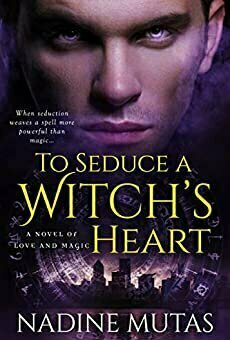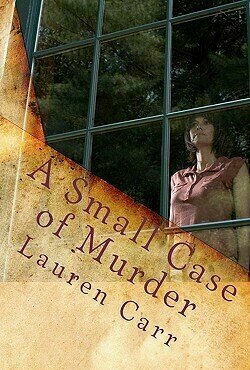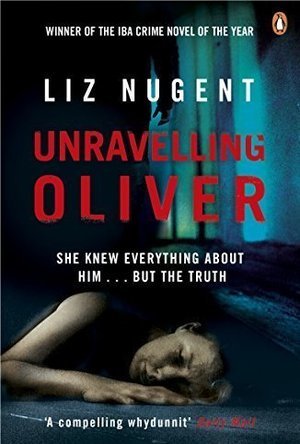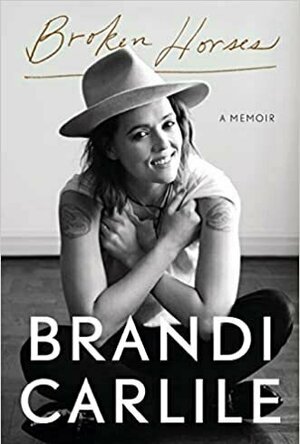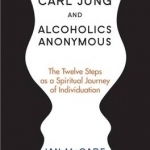
Carl Jung and Alcoholics Anonymous: The Twelve Steps as a Spiritual Journey of Individuation
Book
"Show me a drunk and I'll show you someone in search of God", is a saying that could be derived from...

Southern Illinois Salukis Football
Dan Verdun and Jerry Kill
Book
Southern Illinois Salukis Football, the first book to focus solely on the program and its history at...

Android User Interface Design: Implementing Material Design for Developers
Book
Build Android 6 Material Design Apps That Are Stunningly Attractive, Functional, and Intuitive As...
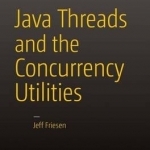
Java Threads and the Concurrency Utilities: 2015
Book
This concise book empowers all Java developers to master the complexity of the Java thread APIs and...
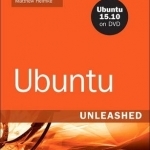
Ubuntu Unleashed: Covering 15.10 and 16.04: 2016
Book
Ubuntu Unleashed 2016 Edition is filled with unique and advanced information for everyone who wants...
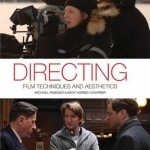
Directing: Film Techniques and Aesthetics
Michael Rabiger and Mick Hurbis-Cherrier
Book
This comprehensive manual has inspired tens of thousands of readers worldwide to realize their...
Leanne Crabtree (480 KP) rated To Seduce a Witch's Heart (Love and Magic, #1) in Books
Jan 11, 2021
I've avoided paranormal romances for quite a while as I don't always want the romance to be the main part of my paranormal reads. This one, however, focused more on the romance between our witch, Merle, and our demon, Rhun. Note: I didn't realise this was a paranormal romance when I downloaded it.
It starts with Merle summoning Rhun from the Shadows - a land full of shadows, obviously - where he has been kept prisoner for the last twenty years. He comes back starving for the three things his demon needs - pleasure, pain and blood. He's very good at the charm and persuades Merle to give him two of three before finding out why she'd summoned him. Her sister, Maeve, has been taken by another demon of his kind and she is frantic to find her as she is the only remaining relative of hers.
I liked that the sexual tension between our characters happened from pretty much the first chapter. It was instant physical attraction but done well, in my opinion. He was just using her, initially, to get his powers back and she wasn't willing to let him go after anyone else when she'd been the one to summon him and feelings began to emerge the more they got to know each other/spent time together.
I did feel like the book was a tad overly long. They spent more time in bed together than they did searching for her sister - which made me get a little fed up at times, and also why it's taken me about a week to read this. Don't get me wrong, though. I did enjoy the interactions between our two characters. They had a lovely camaraderie once they got to know each other and I grew to really like them both.
Considering how I wasn't entirely invested in the story, I found myself getting a little emotional towards the end of this. I actually shed a tear when Rhun was forced back into the Shadows. It was so unfair. Of course, it would be a crappy ending to the book if they didn't get their HEA and of course they do (thank God!).
Lindsay (1793 KP) rated A Small Case of Murder (Joshua Thornton Mystery #1) in Books
Apr 16, 2024
He seems to get caught helping someone who tried to kill his cousin Tad in a church, and it seems to bring more to be involved. All when he goes to the state attorney general. It is more as his murderer with his arrangement and ends up murdered along with Beth Davis.
There is a twist when things get more complicated, and the state attorney general decides to ask or request Joshua to become a Special Prosecutor for the case of Vicki Rawlings and Beth Davis. They think he got the trust of the citizens of his hometown. Will he take the offer, or will he not?
Joshua is working with a police officer and a local reporter. What appears to be one thing is that his children are so like him that they want to join in and protect him. Does Joshua wish to be a dad and raise them, or will he hide from them and not send this child to live with their extended family? How will he decide to deal with the life he was chosen for?
Lauren Carr's Mysteries and stories are good. However, this one is less dense when it starts at the story's beginning. However, the action is improving, with this one being when Joshua and his five children are introduced. They are about school age. This book gets better as it goes along.
This is probably when she was starting to write these kinds of stories. This is their second series, so it has improved dramatically since. I love this one. I only wish I knew more about what happened to Valerie and what caused her to pass away. Then Joshua moved and settled in his hometown with his lovely five children. But other than that, it is a good starter book or series to get into her books, Along with Mac Faraday Mysteries.
TheBookMother (105 KP) rated Unravelling Oliver in Books
May 17, 2019
I was abit a dubious to begin with as it was quite short for a standard crime novel that I am normally used too at just 230 pages. I did worry it would be a rushed cliche but boy, was I wrong.
I have grown up on Midsummer Murders and Agatha Christie and it felt like a fresh voice on a classic crime thriller rather than the standard norm from Liz Nugent.
To everyone they seemed a happy and successful couple until one night Oliver beats his loving wife into a coma.
We are then thrown into a sad and neglected past, tragic events and secrets that have now suddenly caught up with Oliver.
The pace of the book is exquisite. Right from the first page you are thrown in to quite a dark act being commited leaving you with only one question.
Why did he do it?
The story is told from numerous character voices and POV each sharing their experiences and opinions of Oliver including Oliver himself each recounting past events right up until after the attack on Alice.
Each account over laps and we are taken back to summer in the 1970s on a French vineyard, growing up during that time in Ireland and the views of the time.
I enjoyed the that the themes of having a baby out of wedlock, grief, race, mental health, expectations, promiscuity and homosexuality were all present which really added to you imagining what the views were at the varying time periods covered throughout the book.
Hauntingly, the only person we do not hear from is Alice which adds to the tension as the outcome of the attack isn't mentioned until quite a way through the book.
Aside from the fact that you are introduced to Oliver committing a heinous act and brutally admitting that he expected more of a reaction for the first time he beat his wife he is not a likable character. You are waiting for it all to come crashing down around him and his 'privileged life' even after you find out about his past and as the it is unravelled, so is he. Think Richard Hillman from Coronation Street villain, someone you cannot help but resent.
Clever, dark and unexpected I couldn't put this down and consumed the lot in a day or so. The pace and easy readability of the book left me wanting to keep reading to a point of keeping the kids busy with a snack and Netflix while I could consume multiple chapters in the corner of the room!
It's just want I want in a crime novel; a good villain, a clever plot and a few twists along the way and an even more surprising ending which leaves you thinking perhaps there was a little bit of good in there after all?!
Kristy H (1252 KP) rated Broken Horses in Books
Aug 12, 2021
"I was a mean, scrappy little trailer girl with the wrong clothes and a very sensitive soul that I was hiding behind a bravado that I had developed performing onstage."
I adore Brandi Carlile and have for a long time. Having such a talented out singer in our community makes us all feel proud. "See her, she's one of us!!" Having followed Brandi's career from the beginning, I know a decent amount about her. Hence my problem with a number of celebrity memoirs I read: if I read a memoir about someone I really love and already know a lot about them, if they write a fairly superficial memoir, I only learn so much.
Don't get me wrong, Carlile has written a good and interesting book. She's a fascinating person, and I enjoyed learning about her rather wild journey. I didn't know much about her childhood, so I found those pieces to be the most intriguing. She was a wild and tough kid, who was so musically talented from the beginning. Imagine being one of the people who heard her perform in a pageant or talent show when she was a young kid or teen!
After going through her coming out story, Carlile talks about her musical career, and it's all really amazing, but sometimes feels fast and glossed over. I always love knowing the history of songs, but would have liked knowing more details about things. We skip over full albums, time periods, and more. And, as many celebrity memoirs do, it often feels a bit preachy and overly me-oriented at times (something she'll laughingly and freely admit to). When we get to her meeting her wife, it's a fun story, but also really quick. Still, it's so nice to see a queer woman's story so normalized, and to have someone talk about gay motherhood so matter of factly.
Overall, I'm so glad Carlile decided to share her thoughts on her life. She's such an amazing individual who has lived such an intense and fascinating life so far. I wish she had gone more in-depth with her stories at times, but this is still a great book and certainly worth your time. At some point, I hope to get the audio version, as she sings versions of the songs she discusses in each chapter.
I read this book as part of my new reading project--choosing books off my shelves based on their Goodreads rankings. This is my second book of the project, forcing me out of my comfort zone and to try books in genres I don't usually read!
